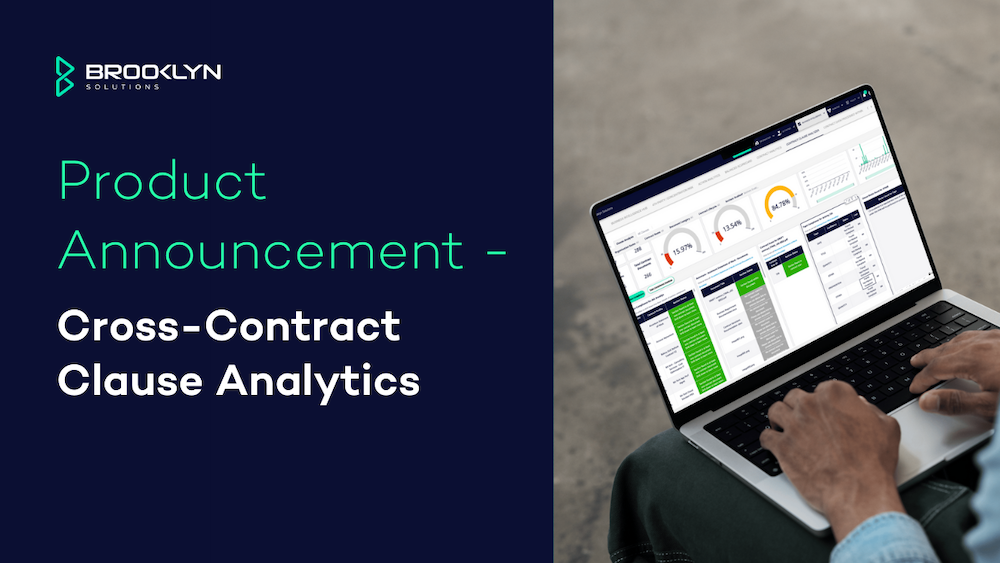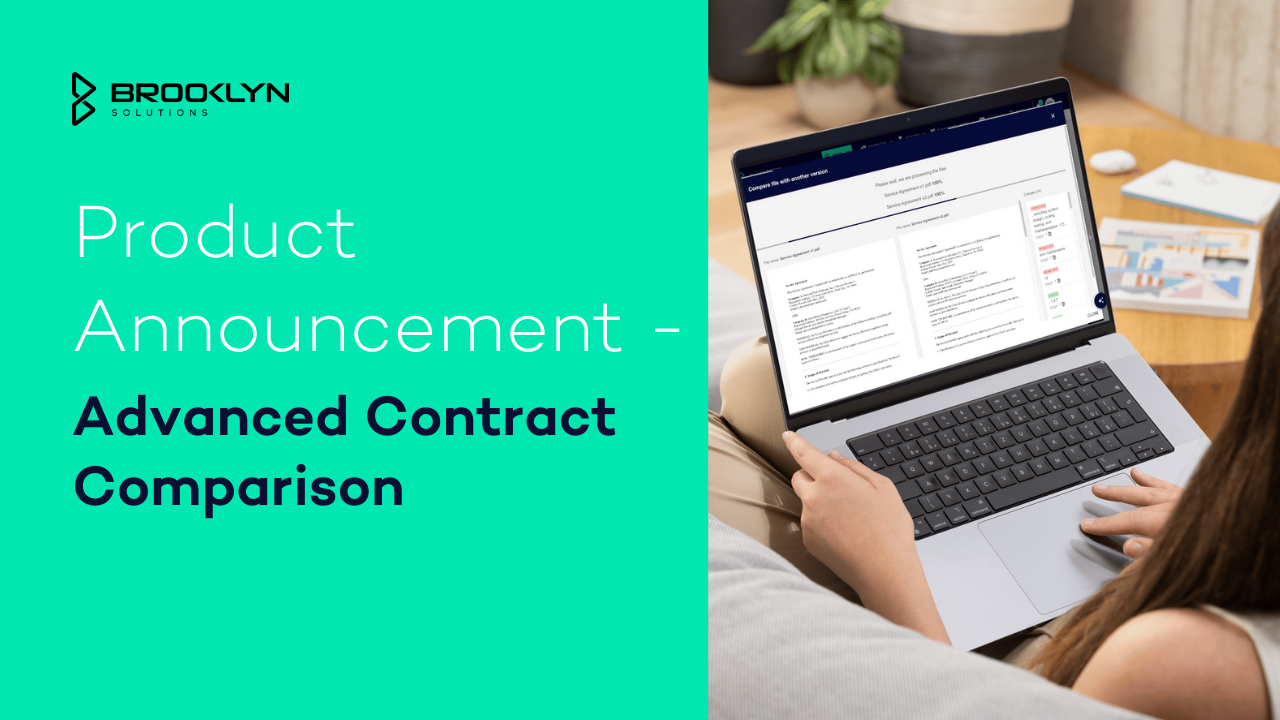Understanding the Roles and Responsibilities within a Vendor Management Office (VMO)
A Vendor Management Office (VMO) plays a pivotal role in ensuring that contractual obligations and KPIs are met by managing vendor relationships, contracts, performance, and compliance. But what does a VMO office look like, and what are the roles and responsibilities that are needed for a successful supplier management office?
Key Roles within a VMO
1. Engagement Director
- Role and Responsibilities: The Engagement Director oversees the entire vendor management process, ensuring that the VMO’s objectives are aligned with the organisation’s strategic goals. This role involves setting clear expectations, monitoring performance, and ensuring that the vendor management strategies are effectively implemented.
- Impact: By providing strategic oversight, the Engagement Director ensures that all VMO activities contribute to the overall success of the organisation.
2. VMO Architect
- Role and Responsibilities: The VMO Architect provides advisory and coaching services to establish the VMO function and develop the Target Operating Model. This involves designing the VMO structure, processes, and policies to ensure optimal performance.
- Impact: The VMO Architect lays the foundation for a robust vendor management framework, enabling the organisation to manage vendors efficiently and effectively.
3. VMO Data Manager
- Role and Responsibilities: The VMO Data Manager is responsible for collating and onboarding data, as well as training other team members where required. This role ensures that all vendor-related data is accurate, up-to-date, and accessible.
- Impact: Accurate data management is critical for informed decision-making and maintaining transparency in vendor relationships.
4. VMO BI and Reporting Analyst
- Role and Responsibilities: The BI and Reporting Analyst builds bespoke reports based on the organisation’s needs and manages all reporting activities. This role involves analysing data to provide actionable insights and support strategic decision-making.
- Impact: Effective reporting and analysis enable the organisation to monitor vendor performance, identify trends, and make data-driven decisions.
5. Vendor Manager
- Role and Responsibilities: The Vendor Manager, engages and supports all elements of the delivery plan. This role involves direct interaction with vendors to ensure compliance and performance standards are met.
- Impact: The Vendor Manager plays a hands-on role in managing vendor relationships and ensuring that vendors deliver on their commitments.
How Brooklyn Solutions’ Rapid Start Programme Can Help
Brooklyn Solutions understands the complexities involved in establishing and managing a VMO. Our Rapid Start Programme is designed to provide you with expert advice and guidance, helping you to set up and optimise your VMO efficiently. Here’s what we offer:
- Expert Advice and Coaching: Our VMO experts will guide you and your team through the process of establishing your VMO, from defining the structure and processes to implementing best practices.
- Comprehensive Data Management: Ensure that your vendor data is accurately collated and managed, providing you with a solid foundation for decision-making.
- Customised Reporting Solutions: Our BI and Reporting Analyst will build bespoke reports tailored to your needs, ensuring you have the insights necessary to drive performance and efficiency.
- Platform Configuration and Support: The Brooklyn team will oversee the delivery and configuration of your data repository and platform, ensuring that your VMO technologies are set up for success.
By partnering with Brooklyn Solutions, you can be confident that your VMO will have the expertise, tools, and support needed to achieve your vendor management goals. Let us help you streamline your vendor management processes and drive your organisation’s success.
For more information about how our Rapid Start Programme can benefit your organisation, please get in touch with us today.



